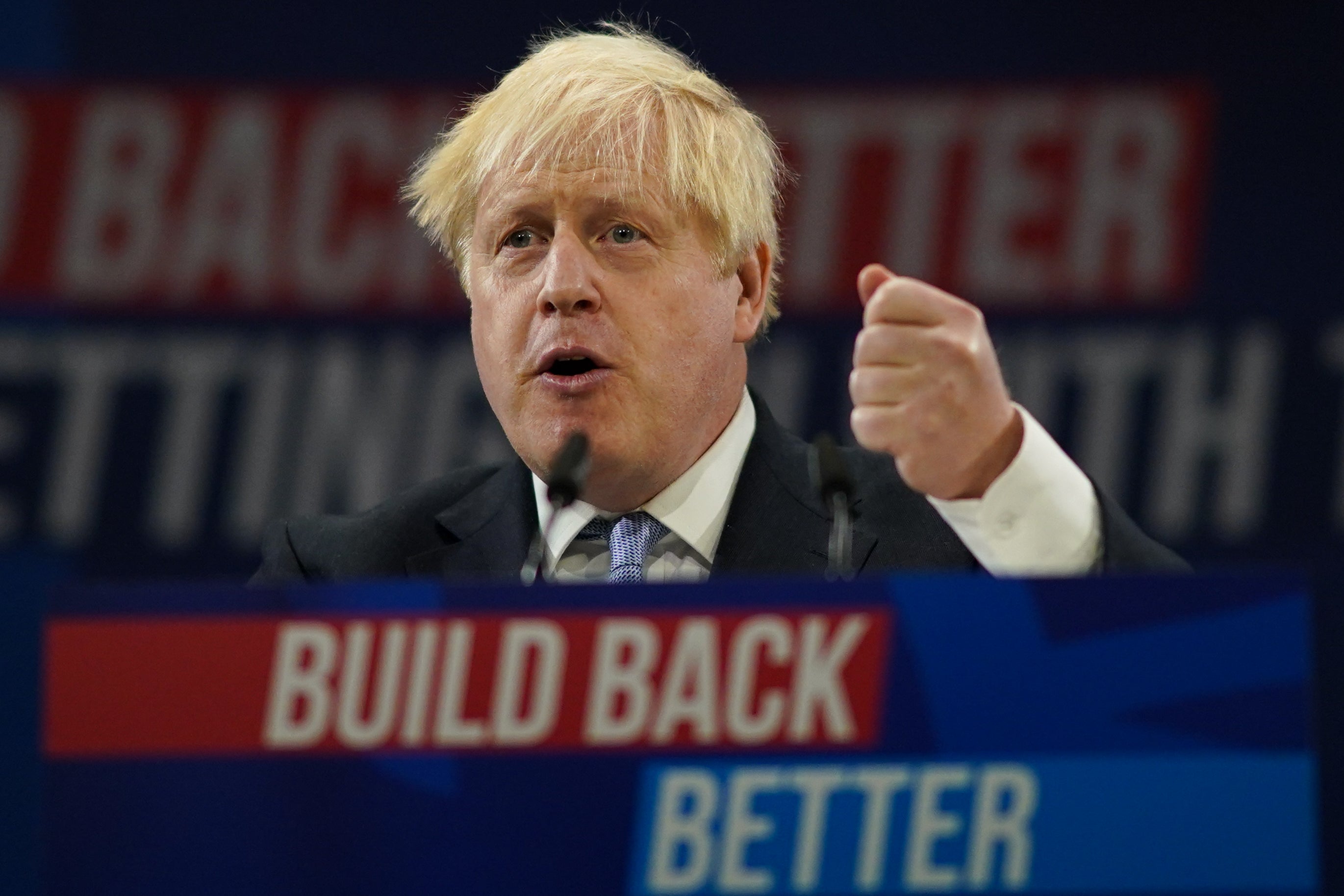Universal credit renters in arrears increased by 70% in six months, charity warns
Figures ‘far worse than we feared’, says homelessness charity Crisis

Your support helps us to tell the story
From reproductive rights to climate change to Big Tech, The Independent is on the ground when the story is developing. Whether it's investigating the financials of Elon Musk's pro-Trump PAC or producing our latest documentary, 'The A Word', which shines a light on the American women fighting for reproductive rights, we know how important it is to parse out the facts from the messaging.
At such a critical moment in US history, we need reporters on the ground. Your donation allows us to keep sending journalists to speak to both sides of the story.
The Independent is trusted by Americans across the entire political spectrum. And unlike many other quality news outlets, we choose not to lock Americans out of our reporting and analysis with paywalls. We believe quality journalism should be available to everyone, paid for by those who can afford it.
Your support makes all the difference.The number of renters on universal credit in rent arrears increased by 70 per cent in the space of six months earlier in 2021, new figures shows, leading to renewed calls to reinstate the benefit top-up.
It comes after Boris Johnson pressed ahead with the decision to cut the universal credit uplift — worth over £1,000 a year for low income families — last week, despite widespread opposition from anti-poverty campaigners.
Senior Conservatives, including former cabinet ministers, and opposition MPs had lobbied the government to maintain the payments, which were increased at the onset of the Covid pandemic to help struggling families.
Using government figures, Crisis said that over 190,000 low-income renters in receipt of universal credit in England were at least two or more months behind on rent between April-May 2021 — the latest period covered by the data.
The homelessness charity added that this represented a 70 per cent increase on the previous figures (114,000) from November-December 2020, warning they were “far worse than we feared”.
The organisation also highlighted fears over spiralling energy costs, food prices and concerns over inflation that will “heighten fears that struggling households will be pushed further into debt and poverty”.
Chief executive of Crisis, Jon Sparkes, said the new figures “must act as a wake-up call to government to act now if we are to pull hundreds of thousands of renters back from the brink of homelessness.”
“The cold reality of the universal credit cut is forcing people into impossible decisions about whether to turn on the heating, put food on the table for their children or pay the rent,” he added.
“How do we expect to level up the country when families can’t even afford the basic necessities? There is still time to fix this.
“It’s vital that the government use the upcoming spending review to reverse this decision and reinstate the £20 lifeline so we can prevent struggling families from losing their homes this winter. Anything short of this could be catastrophic”.
The remarks came as the National Residential Landlords Association (NRLA) also highlighted the data, claiming that the proportion of private renters in arrears in England had doubled during the pandemic to around 780,000.
The organisation said that between April and May 2021, seven per cent of private renters were in arrears — up from three per cent in 2019/2020 — while an extra nine per cent indicated they were expected to fall behind with rent payments over the next 12 months.
Urging the chancellor, Rishi Sunak, to address the crisis, chief executive of the NRLA Ben Beadle said: “Landlords are being put in a difficult position. They can either shoulder rent debts they cannot afford or seek to repossess properties as a final resort.
“Without a targeted package of support to pay off Covid debts, many tenants run the risk of losing their homes needlessly. They also face the possibility that their credit scores will be damaged, making it more difficult to access new housing in the future.”
A government spokesperson said: “The action we’ve taken since the start of the pandemic helped keep renters in their homes - through banning bailiff evictions, extending notice periods and providing an unprecedented package of financial support.
“We’ve always been clear that the uplift to Universal Credit was temporary and designed to help people through the toughest stages of the pandemic. We continue to support those most in need and we are projected to spend almost £30 billion supporting people with their housing costs in 2021-21.”
Join our commenting forum
Join thought-provoking conversations, follow other Independent readers and see their replies
Comments